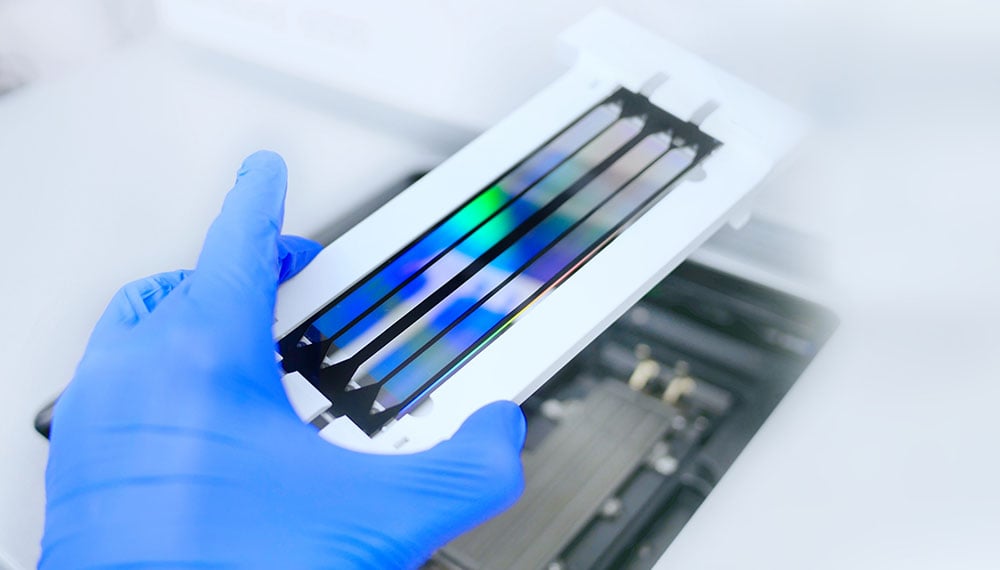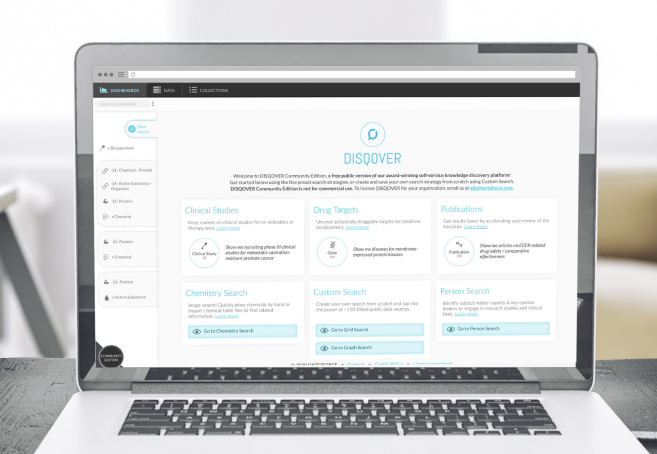
USE CASE
Performing omics experiments in high throughput has become a common technique in biomedical research. Annotating your omics data can seem like an overwhelming task, especially when you’re dealing with large amounts of data or have little knowledge of the biological context of your experiment.
While omics data is essential in discovering new connections and associations, it can be challenging to validate their findings accurately. Omics data often lack proper metadata—meaningful identifiers for which the experimenter assigned meaning when designing an experiment. This hinders some aspects of its use. Without metadata, we cannot tell what a given set of raw experimental results means on anything more than a very general level (we don't know if they represent false positives).
There's an abundance of omics data in the public domain or generated within organizations, but it's challenging to find the subset you are looking for in many cases. To avoid missing out on relevant subsets, it's imperative to have specialized software for their annotation.
Annotation is a dynamic process. What you might initially think of as a label may change depending on the context in which text is used, or what other labels are applied. For these reasons, automated tools have been developed for annotating texts that allow users to be flexible and make changes quickly without manually editing an existing corpus.
Since it can be hard to find those crucial subsets, especially among all the noise in your data, DISQOVER has been developed to help. This knowledge management tool allows you to make effective use of your omics data by identifying relevant subsets and their annotations. It takes into account the relationship between your genes and diseases to ensure you discover only the most relevant subset out of thousands available!
DISQOVER improves annotations by comparing them to other well-curated annotations from known datasets, in order to eliminate errors made by inexperienced annotators and to ensure that all relevant information is included.
With DISQOVER, you can use your research results efficiently because you no longer have to search through vast amounts of raw data yourself. In addition, when embedded in a software ecosystem, search results can be used to link out to downstream applications where a (re-)analysis for the raw data is possible.

Make better decisions by creating an efficient omics data journey, thanks to advanced data integration
Search, browse and filter in all available omics data sets
Re-ingest raw data from linked downstream applications to find new insights
Webinar
Advanced data integration - the answer for an efficient omics data journey. During this session, we will demonstrate how an improved annotation of omics data and the enrichment with public and internal reference data helps to find a relevant subset faster and is a solution to avoid missing out. Performing omics experiments in high throughput has become a common technique in biomedical research.
Experience a live walkthrough of DISQOVER with one of our experts, and get to see how our powerful knowledge discovery platform can help you accelerate your drug development activities.
© 2025 ONTOFORCE All right reserved